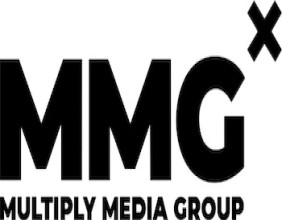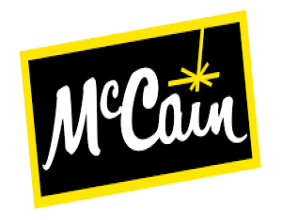Highlights
- Cosette seeks to end $672 million Mayne Pharma deal
- Mayne Pharma rejects claims of financial deterioration
- Regulatory and earnings concerns spark investor reaction
In a significant shake-up for the ASX200, U.S.-based pharmaceutical firm Cosette has announced plans to withdraw its proposed $672 million acquisition of Australian drug maker Mayne Pharma (ASX:MYX). The development has sent ripples through the local share market, particularly affecting confidence in healthcare stocks.
Cosette informed Mayne Pharma that it intends to terminate the takeover agreement, citing two critical concerns. The first is weaker-than-expected earnings guidance from Mayne Pharma, and the second is a newly disclosed potential regulatory issue in the U.S. involving one of its core pharmaceutical products. These factors, Cosette claims, constitute a “material adverse change” in the target’s financial outlook.
The fallout was immediate. Following Cosette’s announcement, shares of Mayne Pharma (ASX:MYX) dropped by over 10%, reflecting investor anxiety and market uncertainty surrounding the now-uncertain acquisition.
Mayne Pharma, headquartered in Adelaide, has firmly rejected the grounds cited by Cosette to call off the deal. In an official statement, the company stated it "intends to reject the Cosette termination notice as invalid," and reiterated that it does not believe any material adverse change has occurred to justify such a withdrawal. Legal proceedings could potentially follow if the disagreement escalates.
The move has raised eyebrows across the market, especially among investors eyeing ASX dividend stocks and defensive healthcare names. The incident underscores the importance of robust financial reporting and regulatory compliance, particularly when cross-border deals are involved.
With Mayne Pharma's valuation under pressure and Cosette exiting the deal, broader investor sentiment could be impacted. The disruption has also drawn attention within the all ordinaries index, where Mayne Pharma is a notable constituent. This development might prompt closer scrutiny of companies in the sector and heighten short-term volatility in similar stocks.
While the situation continues to unfold, investors will be closely watching any legal updates and further commentary from both companies. For now, the failed acquisition bid marks a notable turn in what was poised to be one of the more substantial pharmaceutical deals in the Australian market this year.
Such corporate manoeuvres within the ASX200 landscape emphasize the need for due diligence and risk awareness when navigating high-stakes mergers and acquisitions.




